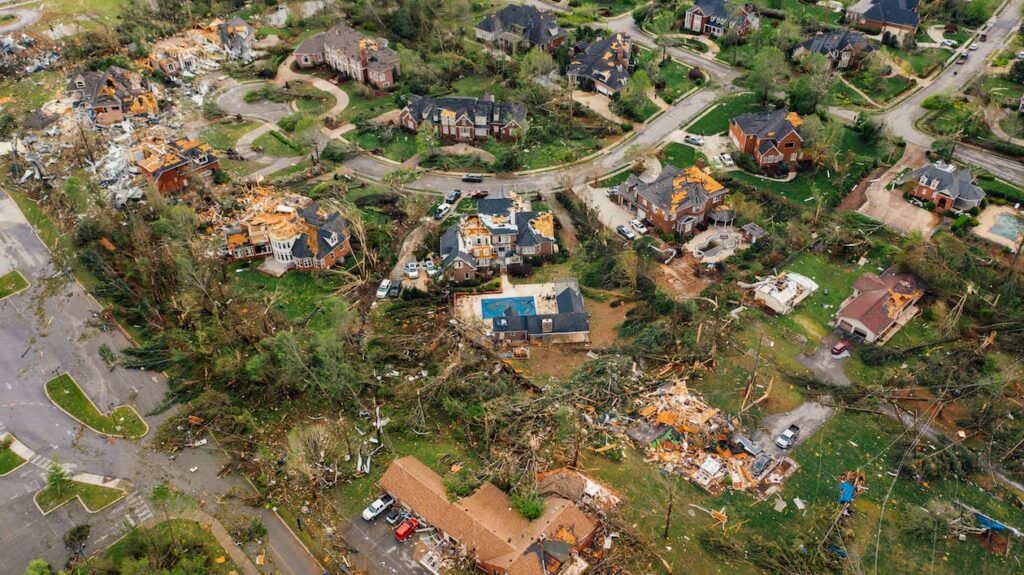HUD Accelerates Support for Floridians Affected by Hurricane Idalia
The U.S. Department of Housing and Urban Development (HUD) is pulling out all the stops to expedite aid for Florida communities hit hard by Hurricane Idalia. The agency has rolled out an extensive package of 29 regulatory and administrative waivers, designed to fast-track the recovery process for affected communities. This new batch of waivers amplifies HUD’s ongoing support in Florida following the devastating storm.
HUD Secretary Marcia L. Fudge expressed heartfelt concern for families impacted by the hurricane, stating, “The Biden-Harris Administration stands shoulder to shoulder with our state and local partners. Our mission is clear: deliver swift and immediate support to those in need. These newly-issued waivers will be instrumental in accelerating community rebuilding efforts.”
According to CoreLogic, insured losses due to Hurricane Idalia across the southeastern U.S. are estimated to be less than $2 billion. These figures include both residential and commercial properties damaged by wind and storm surge flooding, though they don’t account for the impact on the National Flood Insurance Program (NFIP).
The waivers will provide much-needed relief across a range of HUD programs including Community Development Block Grant (CDBG), HOME Investment Partnerships (HOME), Housing Trust Fund (HTF), Housing Opportunities for Persons with AIDS (HOPWA), Emergency Solutions Grant (ESG), Continuum of Care (CoC), and Youth Homelessness Demonstration Program (YHDP).
What’s game-changing about these waivers is a newly simplified notification process, enabling state and local partners to tap into the resources more effortlessly than ever. Here’s a snapshot of how HUD is turning up the flexibility dial:
- Greenlighting new housing construction in disaster-stricken areas through CDBG funding.
- Lifting the CDBG cap on public services to provide enhanced support to individuals and families impacted by the disaster.
- Waiving HOME matching contribution and CHDO set aside requirements to speed up housing provision for displaced residents and repair damaged properties.
- Offering relaxed HOME tenant-based rental assistance requirements to ease the load on those looking for housing support.
- Lengthening term limits for key support measures, such as CDBG emergency grants and ESG rental assistance, providing longer-lasting relief for communities in need.
HUD had already initiated some of these flexibilities on September 6, right after the natural disaster declaration was made. Among the wide array of applications for Community Planning and Development (CPD) funding, the following can now be implemented with even greater ease:
- Rehabilitation and reconstruction of housing
- Homebuyer programs replacing residences damaged by the disaster
- Initiatives for acquisition and relocation, aiding those in flood-prone areas
- Improvements in infrastructure
- Demolition of unsafe buildings
- Rebuilding or substituting damaged public facilities
- Provision of small business grants and loans
- Targeted aid for individuals at risk of post-disaster homelessness
Earlier this year, HUD took bold steps to revamp its disaster recovery operations, anticipating an increase in the frequency and impact of weather-related disasters. With the establishment of new offices like the Office of Disaster Management (ODM) and the Office of Disaster Recovery (ODR), as well as the addition of numerous staff members, HUD has armed itself better than ever to respond to emergencies, ensuring communities bounce back stronger and faster.






